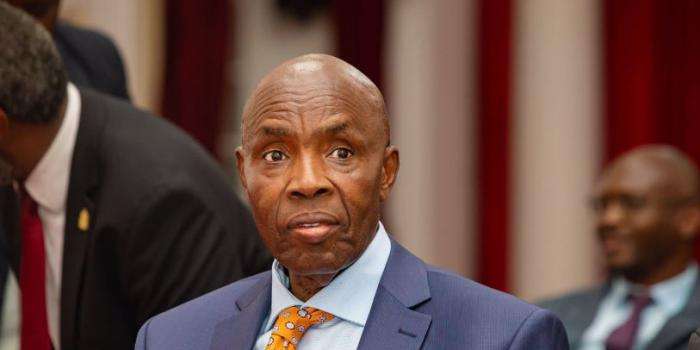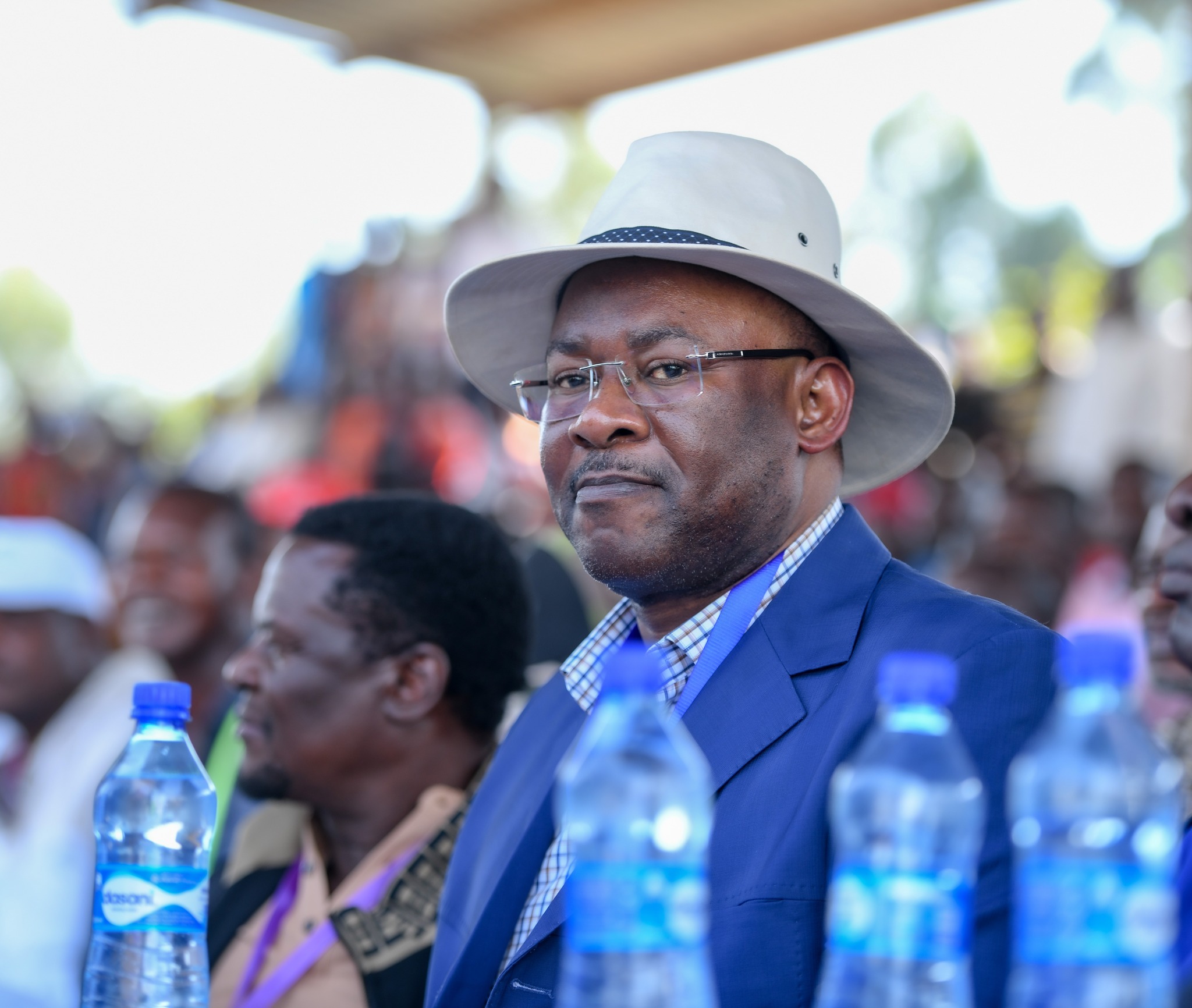The report, based on six years of BATK’s annual reports, production data submitted to the Kenya Revenue Authority (KRA), government documents, and cigarette consumption statistics, highlights numerous discrepancies. Among these are millions of cigarette packs that appear to be unaccounted for, leading to lost revenue and tax that would otherwise be expected
The Tobacco Control Research Group (TCRG) at the University of Bath, in collaboration with Tax Justice Network Africa, has identified a significant revenue discrepancy reported by British American Tobacco Kenya (BATK) for 2017 and 2018, amounting to Ksh 9.6 billion (US$930 million). Despite thorough investigation, the company has failed to offer a credible explanation for this gap, prompting concerns about potential tax avoidance or evasion.
The report, based on six years of BATK’s annual reports, production data submitted to the Kenya Revenue Authority (KRA), government documents, and cigarette consumption statistics, highlights numerous discrepancies. Among these are millions of cigarette packs that appear to be unaccounted for, leading to lost revenue and tax that would otherwise be expected.
Tax and audit experts have called for both BATK and the KRA to offer an explanation. Dr Leopoldo Parada, Reader in Tax Law at King’s College London, commented: “In the absence of a convincing explanation, this looks like tax avoidance and potentially evasion.” Kennedy Waituika, Director of Audit and Assurance at TradeMark Africa, added: “This report should trigger a tax review of BATK. It should be a wake-up call for the KRA.”
In response, BAT Kenya rejected the allegations and provided no credible explanation for the discrepancy, stating: “BAT Kenya firmly rejects all the allegations made regarding the discrepancy between its published financial disclosures and data. The company pays all taxes in line with applicable laws.”
With BATK’s failure to respond satisfactorily, the report’s authors have asked whether the Kenya Revenue Authority will investigate, though the authority has yet to comment.
Andy Rowell from TCRG remarked: “The colonial legacy of profiting from Africa while evading responsibilities continues. It’s time for accountability. If this is happening in Kenya, it begs the question of whether similar practices are occurring in other jurisdictions, including the UK and the US.”
Dr Rob Branston from TCRG highlighted the report’s implications: “This reveals a troubling pattern of financial discrepancies that demand urgent investigation. Transnational corporations like BAT Kenya have a duty to pay their fair share of taxes, particularly in countries where they profit significantly.”
Marcel Metze from The Investigative Desk added: “Our investigations into big transnational tobacco corporations have repeatedly uncovered lack of transparency and aggressive tax planning practices. These results raise serious doubts about the accuracy of the company’s financial reporting and warrant further scrutiny by financial authorities.”
Bob Blackman, Co-Chair of the All-Party Parliamentary Group for Vaping (APPG) on Smoking and Health, expressed concern: “This research raises serious questions about BAT Kenya’s activities, suggesting potential tax avoidance or evasion. The Serious Fraud Office should re-open its investigation into BAT to examine the latest evidence.”
The findings build upon The Investigative Desk and TCRG’s 2020 publication, Big Tobacco, Big Avoidance, which exposed regular tax avoidance practices among transnational tobacco companies. This latest report, funded jointly by TCRG and The Investigative Desk, is a call for greater scrutiny of the financial activities of companies operating in developing economies.





